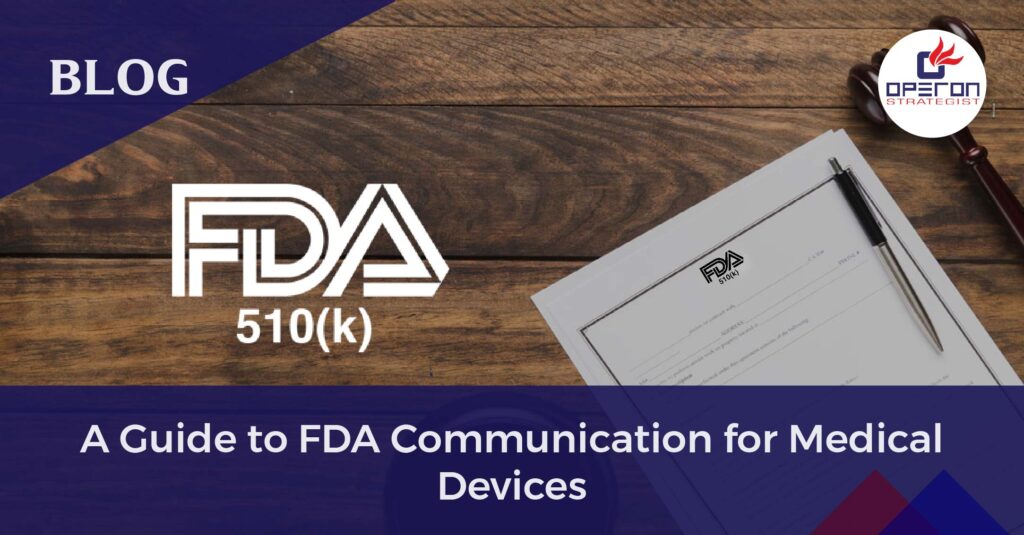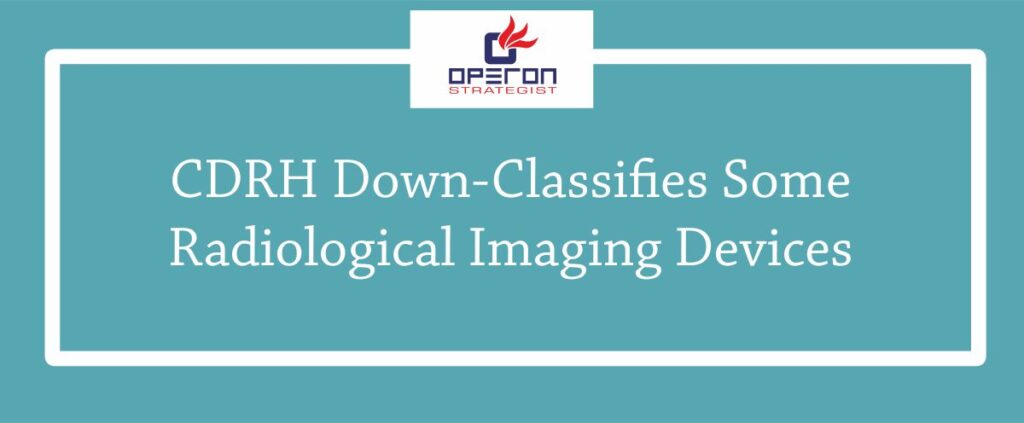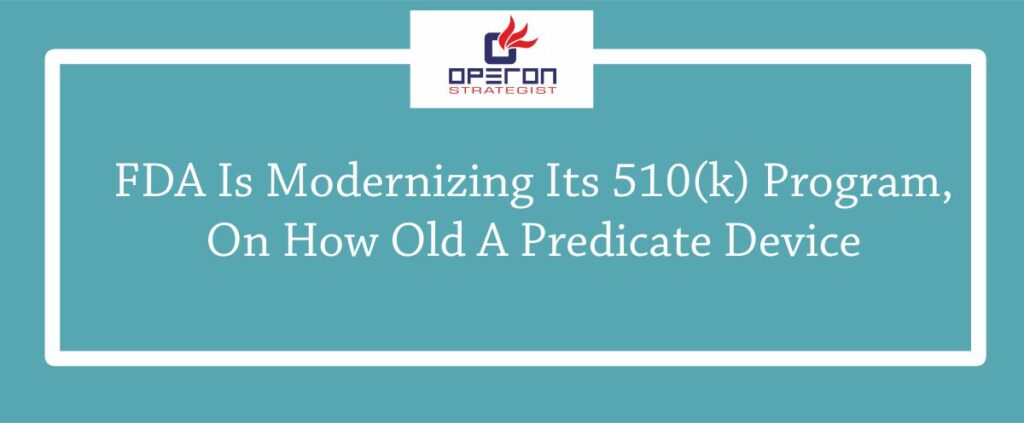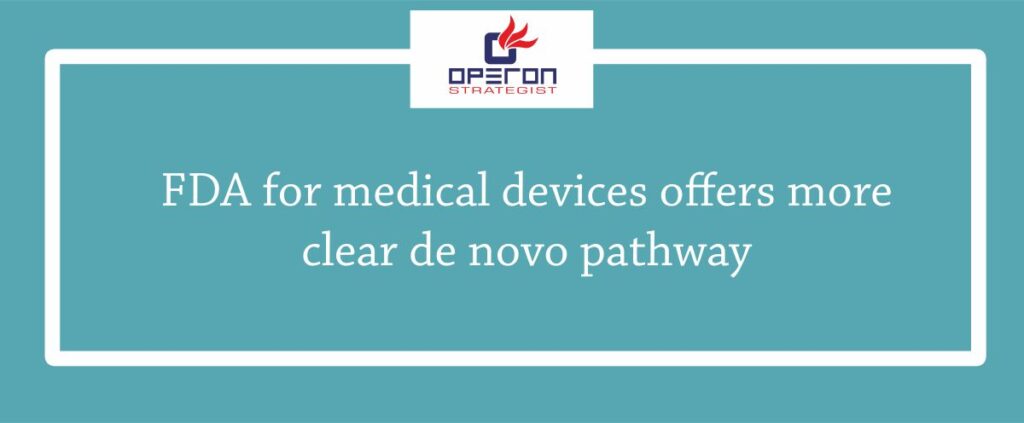In the ever-evolving world of medical devices, navigating the intricate regulatory landscape is essential for bringing your innovation to market. The United States Food and Drug Administration (FDA) plays a pivotal role in this journey. Effective FDA communication is key to ensuring that your medical device meets all regulatory requirements and reaches the hands of those who need it. In this blog, we’ll discuss how to communicate with the FDA for your medical device and provide you with valuable insights to make this process smoother.
As a US FDA 510(k) Consultants, Operon Strategist play a vital role in the communication between medical device manufacturers and the FDA. Our regulatory affairs professional, is responsible for developing and executing strategies to ensure regulatory compliance and successful interactions with the FDA.
Looking for Medical Device Consultant?
Let’s have word about your project
Why Communicate with the FDA?
Before we delve into the ‘how,’ it’s important to understand the ‘why.’ FDA communication is necessary for various reasons:
Regulatory Compliance: The FDA provides guidelines and requirements that must be met for approval and market entry.
Safety and Efficacy: By engaging with the FDA, manufacturers can ensure that their medical device meets the necessary safety and efficacy standards.
Conflict Resolution: In cases of regulatory disputes or issues, effective communication can help resolve these in a timely and efficient manner.
Changes and Updates: As regulations evolve, keeping in touch with the FDA is essential to stay updated and ensure compliance.
Don’t Wait – FDA Clearance Awaits! Reach Out to Our 510(k) Consultant for Seamless Communication and Compliance!
Types of FDA Communication
Pre-Submission Meetings: These meetings provide an opportunity to discuss regulatory requirements, submission content, and the device’s development plan. They help establish a clear path for approval.
Pre-Market Submissions: These formal applications, such as the 510(k) or Pre-Market Approval (PMA), require thorough documentation and are submitted to the FDA for approval.
Post-Market Surveillance: Manufacturers must maintain open lines of communication with the FDA to report adverse events, device malfunctions, or other safety-related concerns.
Advisory Panels: These panels consist of external experts who evaluate the device’s safety and efficacy. Engaging with these panels is crucial for a well-rounded assessment.
Tips for Effective Communication
Prepare Thoroughly: Before any interaction with the FDA, thoroughly understand your device, the regulatory landscape, and the specific objectives of the communication.
Be Transparent: Honesty and openness are essential. If you encounter an issue or discover new information about your device’s safety or efficacy, report it promptly.
Stay Organized: Document all communication with the FDA, maintain a record of discussions, and promptly respond to any requests for additional information.
Respect Deadlines: Timeliness is critical. Missing deadlines or not responding to FDA requests in a timely manner can lead to delays in the approval process.
Engage Experts: Seek advice from regulatory consultants or legal experts who have experience in dealing with the FDA. Their guidance can be invaluable.
Follow-up: After a communication event, follow up with the FDA to ensure that all your questions or concerns have been addressed, and there is a clear path forward.
Operon Strategists play a pivotal role as consultants in facilitating effective communication between medical device manufacturers and the FDA during the 510(k) submission. Our expertise, knowledge of regulatory requirements, and ability to create a well-structured submission can significantly increase the likelihood of a successful approval and the timely entry of a medical device into the U.S. market.




